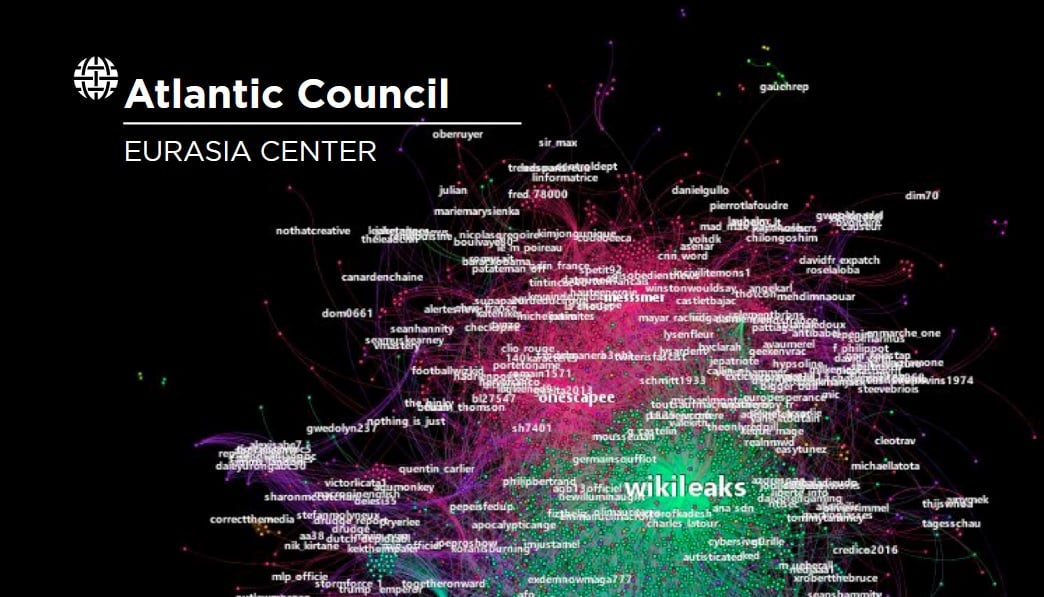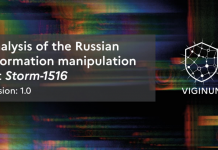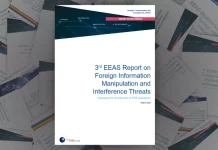“The Russians and other purveyors of disinformation will constantly improve their tactics; our counter-tactics therefore cannot be static,” write Ambassador Daniel Fried and Dr. Alina Polyakova in Democratic Defense Against Disinformation, a new publication by the Atlantic Council’s Eurasia Center. This report is part of the broader transatlantic effort to identify democratic solutions for countering disinformation in the short term and building societal resistance to it in the long term.
Since Russia’s interference in the 2016 US presidential election, governments, multinational institutions, civil-society groups, and the private sector have launched various initiatives to expose, monitor, and get ahead of disinformation attacks. Through these efforts, the transatlantic community has gleaned three valuables lessons: The problem is broader than Russia or any single actor; a democratic response to malign influence must engage the whole of society; and we must work together to learn from each other’s mistakes and successes as we craft governmental and nongovernmental strategies and solutions.
“The US government should actively monitor overt foreign propaganda narratives and inform the public on their content,” advise the report’s authors. The report calls for innovative policy solutions in the United States and Europe to address the global threat of disinformation, including the creation of a transatlantic Counter Disinformation Coalition. As digital and cyber technologies such as artificial intelligence, machine learning, and automation evolve and the speed and efficiency of influence operations increase, democratic societies need to invest in resilience and resistance to win the new information war.
By Daniel Fried and Alina Polyakova, for Atlantic Counsil





